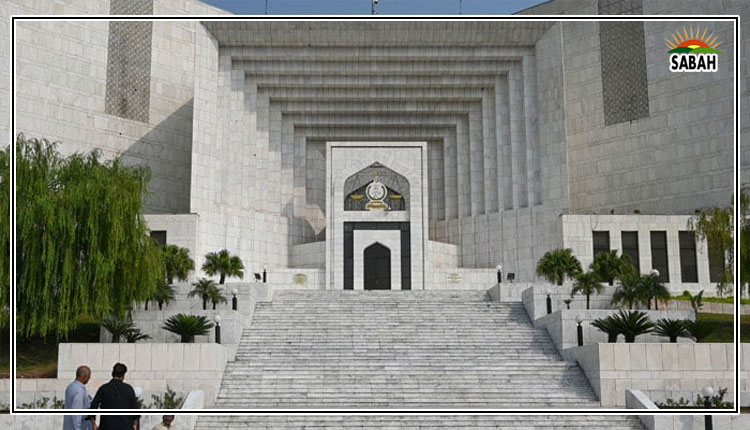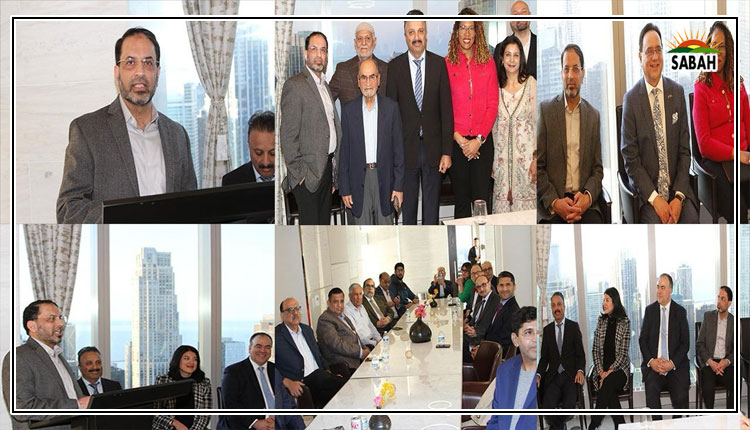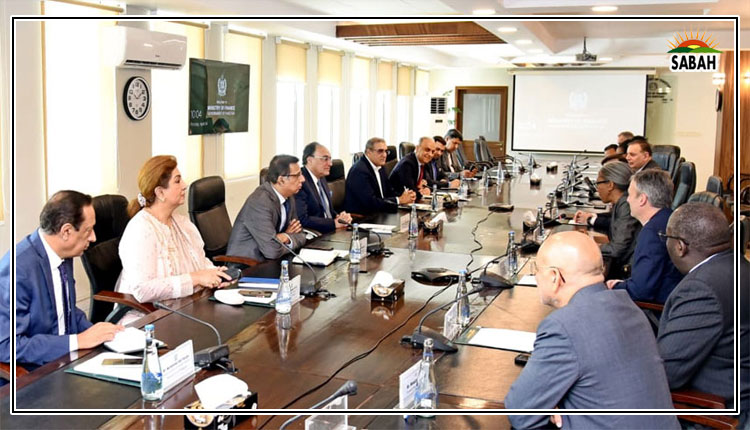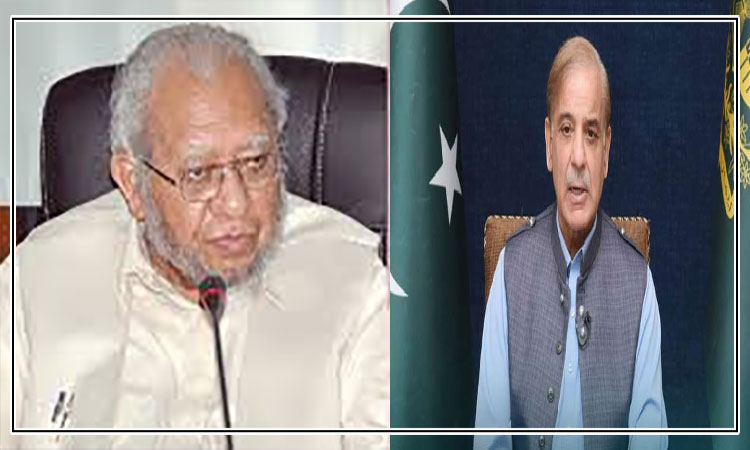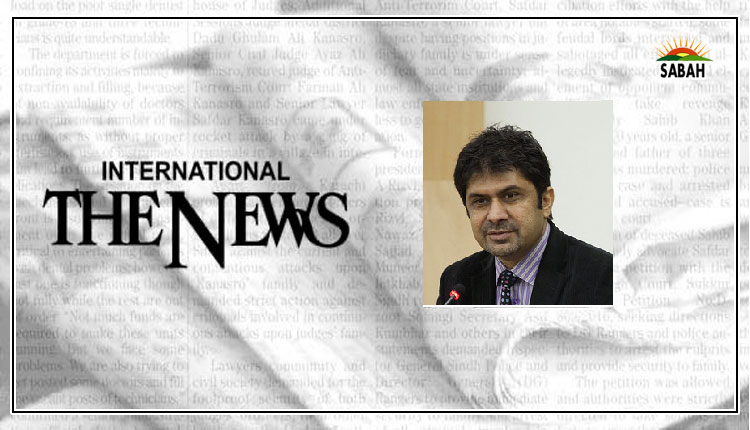Learning from the kingdom …Masood Lohar
While Pakistan considers selling its national airline PIA to Saudi Arabia, Qatar, and the UAE, it is worth noting that the national airlines of those countries were originally established, nurtured, and brought to prominence by PIA itself.
Interestingly, Saudi Arabia has seen remarkable success in tourism, generating a staggering $66 billion in revenue in 2023. In contrast, Pakistan earned just $1.3 billion in 2023, despite possessing the potential of two of the world’s top 10 highest mountain peaks.
Pakistan’s natural wonders, from snow-capped peaks to enchanting valleys, attract adventurers globally. Its rich wildlife and historical monuments add to its allure, weaving tales of ancient civilizations. The country’s strategic location promises potential in food, medical, and religious tourism.
Earlier this year, Saudi Arabia made a significant societal shift by opening its first liquor store, sparking debate within the Muslim world about religious norms.
However, recent years have seen fundamental changes under the leadership of Crown Prince Mohammed Bin Salman (MBS). Since 2017, the crown prince has spearheaded progressive initiatives, including limiting the authority of religious police, advancing women’s rights, and diversifying the economy through Saudi Vision 2030. His bold reforms, reminiscent of his grandfather King Abdul Aziz Ibn Saud, are reshaping the Muslim world.
Recently, Saudi Arabia made headlines with as yet unverified reports that a Saudi model Rumy Alqahtani would participate in this year’s Miss Universe pageant. This paradigm shift highlights the contrast with countries like Pakistan, the world’s second most populous Muslim nation, where over 60 per cent of the total population is under the age of 30.
Incidents such as the attempted lynching of a woman in Lahore over a misunderstanding regarding text on her shirt and reports of clerics assaulting underage boys highlight the need for reform. For instance, the incident involving cleric Abubakar Siddique Muawaia underscores the hypocrisy among religious authorities.
The intervention by a senior religious scholar, labeling this a “misunderstanding’”, sparked outrage and raised questions about accountability and justice.
These incidents have ignited widespread discussions on social media, prompting questions about the double standards of religious clerics. Thousands of tweets and posts boldly question whether these scholars and clerics adhere to Islamic teachings as much as ordinary Muslim citizens do.
The lack of hangout areas for youth and the widespread use of drugs has created hyper-sexual frustration among the vast majority of the population.
A pressing question arises: when a nation faces a humiliating struggle to secure a small amount of loan from the IMF to avoid default and is ready to sell national assets, thereby neglecting its potential for tourism, which requires minimal investment, and when even clerics themselves fail to exhibit basic human decency, why not consider aligning with the reformative agenda of brotherly Islamic countries, such as the visionary reforms introduced by Saudi Arabia’s crown prince?
The writer is an expert on climate change and development and founder of the Clifton Urban Forest. He tweets/posts @masoodlohar and can be reached at: mlohar@gmail.com
Courtesy The News


